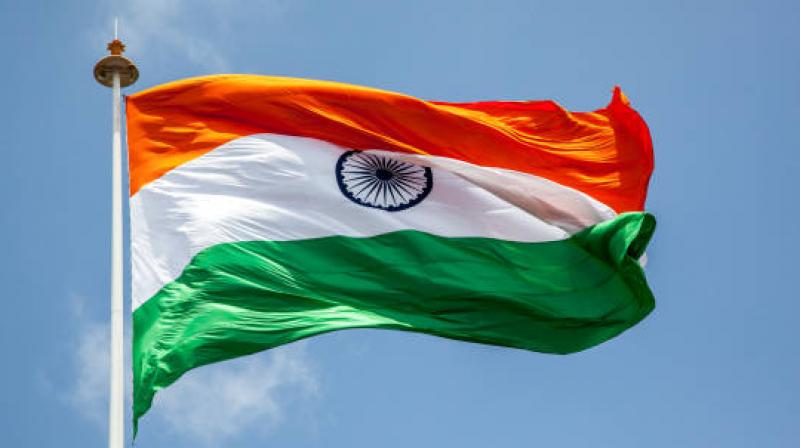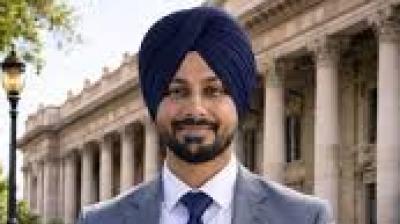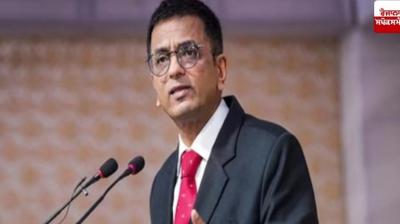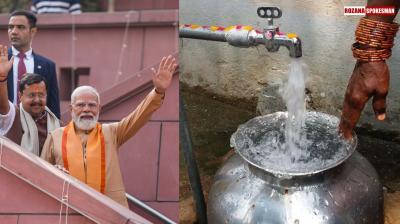
Non-fossil fuel sources now make up more than half of its installed electricity capacity.
India’s Delayed Climate Pledge Raises Leadership Questions at COP30 in Brazil
India is unlikely to submit its updated climate pledge before the end of the ongoing United Nations climate summit, a development that has raised concerns about how the world’s most populous nation will influence global climate negotiations. This assessment comes from multiple experts and climate observers quoted by AP News and the Press Trust of India.
The delay, analysts say, reflects India’s growing frustration over the lack of meaningful progress on global climate finance. Experts told AP that while India is a central voice in global climate action—especially with the U.S. stepping back under President Donald Trump—its absence from the list of countries that have submitted their updated Nationally Determined Contribution (NDC) has surprised many.
At the summit, Environment Minister Bhupender Yadav highlighted India’s strong track record, noting that the country achieved several of its 2030 climate targets five years ahead of schedule. Yadav called on wealthy countries to significantly scale up financial assistance, arguing that developing nations need “trillions, not billions” to meet climate goals. According to the Press Trust of India, he also said that India will submit its updated 2035 climate goals by December.
India’s accomplishments have been notable. Non-fossil fuel sources now make up more than half of its installed electricity capacity. Its clean energy sector has expanded rapidly, with solar power rising from 5.7 gigawatts in 2015 to over 125 gigawatts by September 2025. India has also led global initiatives such as the International Solar Alliance and the Coalition for Disaster Resilient Infrastructure.
However, Germanwatch’s latest Climate Change Performance Index dropped India to No. 23 from No. 10 last year, citing continued reliance on coal. Climate experts like Aarti Khosla of Climate Trends told AP that failing to submit the new NDC could weaken India’s global positioning, especially as it bids to host COP33 in 2028.
Youth climate advocate Abhiir Bhalla acknowledged India’s renewable progress but called the delay disappointing. Analysts including Harjeet Singh and Vaibhav Chaturvedi stressed that India’s strong stand on climate finance is justified, noting that wealthier nations have not delivered on their commitments.
As COP30 continues, India’s delayed pledge has become one of the summit’s most discussed developments—reflecting both its rising influence and the deep global divide on climate funding.













